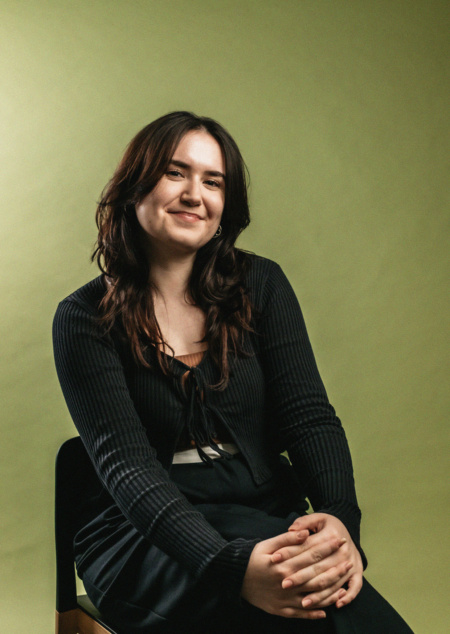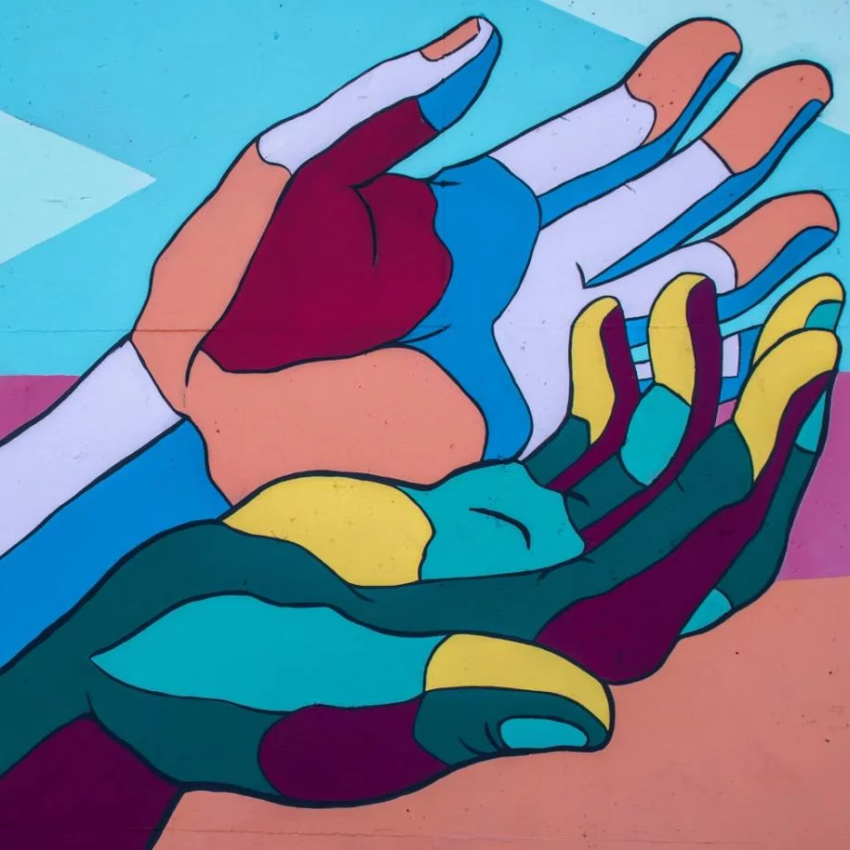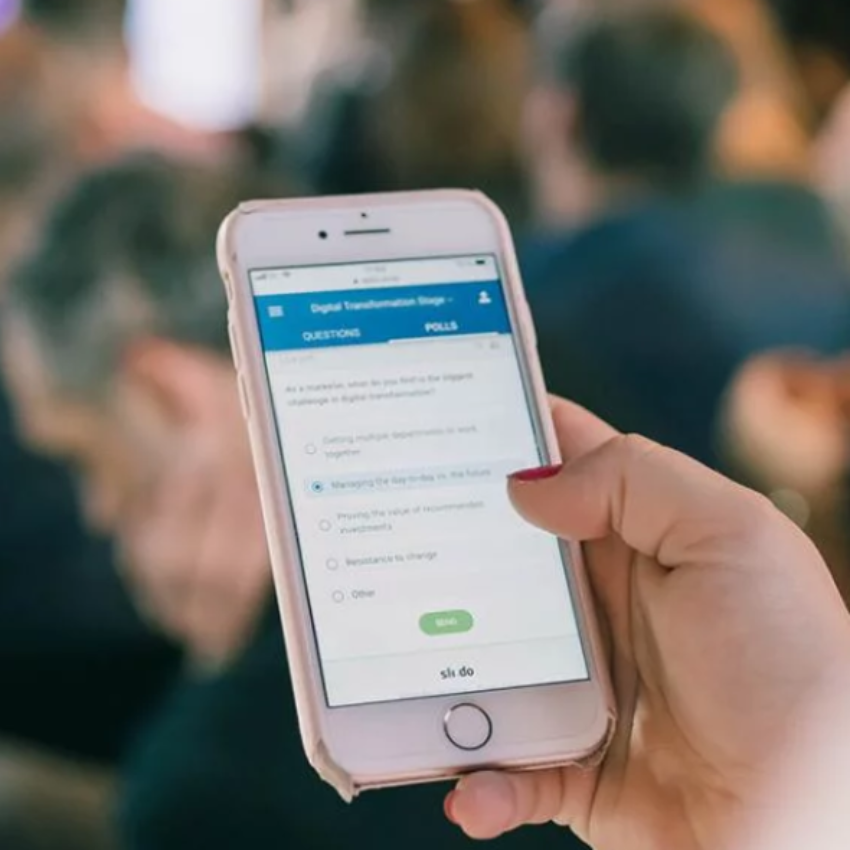How can you be an ally for diversity and inclusion in the events industry?
Take a good hard look at yourself. How do you define yourself in the professional and the personal spheres of your life?
This is the question Rachel Rosen, seasoned facilitator, educator and founder of S.P.A.R.K., asked the 90+ global attendees at her session Let’s talk about diversity, equity, inclusion, and allyship.
In the interactive session, Rachel shared her thoughts on allyship, an ongoing process that involves building relationships of trust, consistency and accountability with historically marginalized individuals or groups. Allyship is a continual investment of time in supporting others and taking on their struggle as your own. It’s not an easy journey and requires “critical reflection and intentional action”.
Discovering our blind spots
And here’s where the process of uncovering the different dimensions to our identity comes in. Rachel explains: ‘I will always start by “holding up the mirror” and doing self-reflection about my privileges and my identity. Each one of us has unearned advantages and disadvantages and these layers of our identity impact how we see the world.” And by examining these layers we can identify our ‘blind spots’ - unconscious bias in other words.
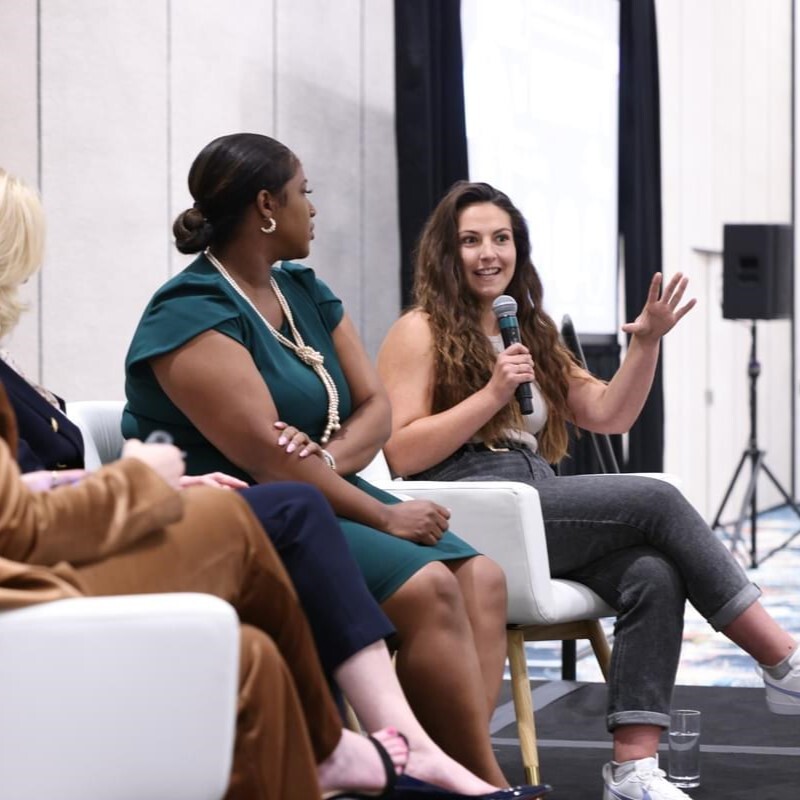
Bias is common – our brains are hardwired to make shortcuts when decision-making and society’s categories are hardwired into our environment and the media we consume. If left unchecked these assumptions can have long lasting impacts - influencing promotions and leadership in the workplace, for example.
Rachel explains: “We all have unconscious biases. I’ll always consider myself a work-in-progress and intentionally work to uncover my blind-spots and communicate with consciousness as a leader.” However, unconscious bias can be overcome if we learn to recognize it and counteract with intentional strategies. The result? An environment geared towards innovation and success.
There’s substantial research to show that embracing diversity brings many advantages to an organization, such as increased profitability and creativity, stronger governance and better problem-solving abilities. Employees with diverse backgrounds tend to bring their own perspectives, ideas and experiences, helping to create organizations that are resilient and effective, and which outperform organizations that do not invest in diversity. Rachel invites us to consider that diversity is the first step, and our goal should be to create cultures of inclusion, equity, and belonging.
‘Yield the floor’
Uncovering unconscious bias is just one of the ways we can work towards allyship. Another step in the journey is to listen - and listen intentionally. Show curiosity – rather than certainty – about another person’s experience. Listening is, arguably, a less developed skill than talking for many of us. However, to serve as an effective ally, it helps to be a good listener. This requires aligning our intent with our impact; it also requires awareness, practice and discipline. “Regardless of how much I know or feel, they are the expert of their experience. It’s imperative that I stay open-minded and not make assumptions about someone else’s experience,” explains Rachel.
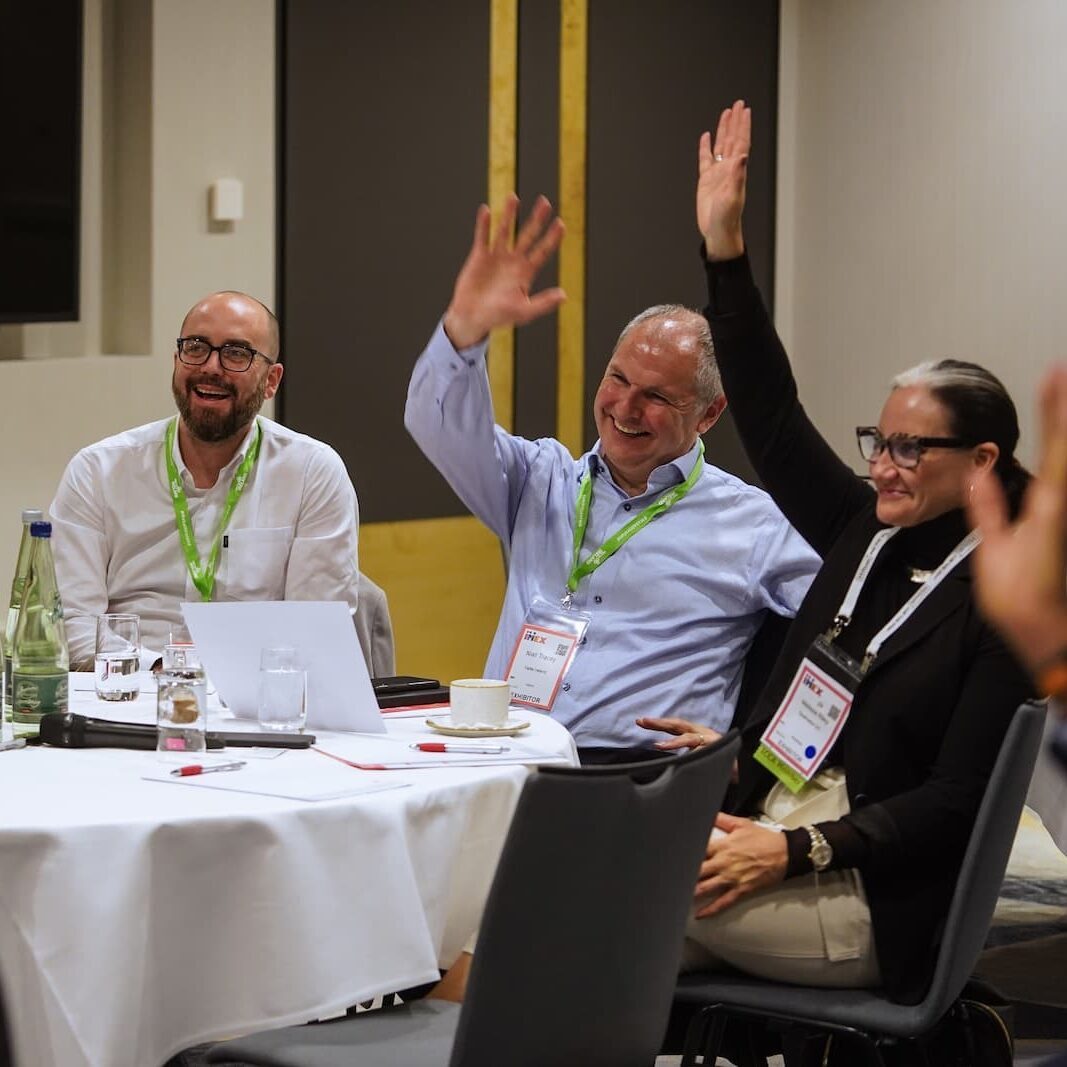
The aim is to develop an understanding of the other person and their situation, not persuade them or convince them of anything. It’s about taking a step back, realizing your voice doesn’t always need to be heard, and understanding that you can often learn more by listening. ‘Yield the floor’, as Rachel puts it. “To me, yielding the floor means always being mindful of whose voices are in the room and creating space for those who need it. To yield, means to pause and wait, being mindful of my airtime and knowing when to step back.” By doing so, you’ll be more respectful and become a better informed and more compassionate ally.
Small steps to success
Being an ally is an ongoing process and hard work. There’s no shortcut to the journey, However, every step matters, as Rachel explains: “There’s an interconnectedness to this work – all the micro moments matter, every conversation matters.” Anyone has the potential to be an ally, Rachel assures. Allies recognize that although they’re not a member of the historically underrepresented or oppressed communities they support, they make a concerted effort to listen and better understand their experience, every single day.
